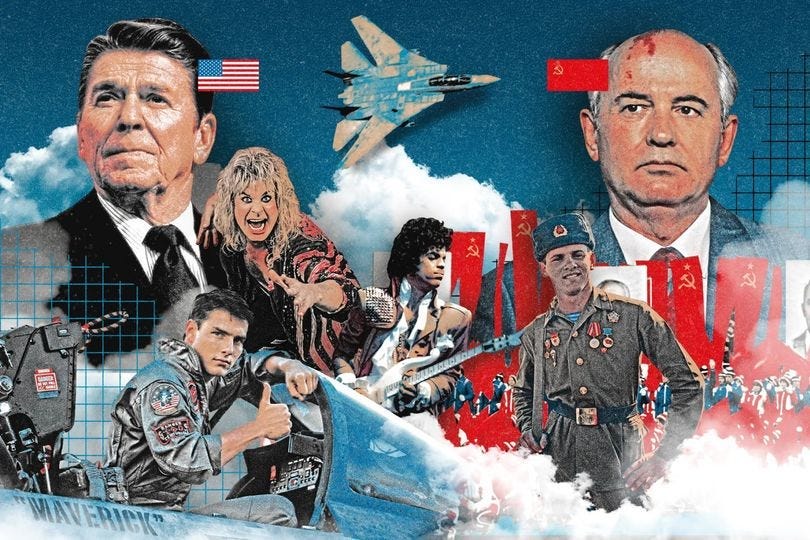Americans Unwittingly Losing the Cold War without Russia Firing a Single Shot
Furthering Putin’s Agenda in the Information Wave
The Cold War may have officially ended with the dissolution of the Soviet Union in 1991, but the ideological battle between democratic values and authoritarianism continues. Today, this conflict is waged in the digital realm, where misinformation and division are potent weapons. Alarmingly, many Americans are unwittingly doing the work of Russian President Vladimir Putin by perpetuating disinformation and deepening societal divides, thus weakening the fabric of American democracy.
Leveraging Fear and Division
Putin’s strategy capitalizes on existing fears and societal divisions within the United States. By supporting divisive figures and movements such as Donald Trump and MAGA (Make America Great Again), Putin aims to disrupt American politics and undermine democratic institutions. The objective is to erode trust in democratic processes and elevate Russia’s influence on the global stage.
Studies and investigations have repeatedly shown how Russian operatives have used social media to amplify divisive content. According to [a report by the Senate Intelligence Committee](https://www.intelligence.senate.gov/.../report-select...), Russian trolls created thousands of fake accounts to spread misinformation and foster discord during the 2016 election. This tactic did not stop with the election; it continues to be a part of Russia’s strategy to destabilize American society.
It is evident from the numerous comments by the number of trolls on this Russian Stooge Page, that their intent is to provoke anger and create discord, instead of engaging in productive dialogue and explaining their viewpoints. Such as: How exactly do you think Project 2025 and Presidential Immunity will benefit you?
The Soviet Agenda
Putin’s approach aligns with historical Soviet objectives. During the Cold War, the Soviet Union sought to undermine Western democracies to elevate its own standing. Although the Soviet Union collapsed, Putin’s administration has continued these objectives with a modern twist. By leveraging the internet and social media, Russia has been able to interfere in the democratic processes of multiple countries, including the United States.
As detailed in [Foreign Affairs](https://www.foreignaffairs.com/.../russias-long-war...), contemporary Russian foreign policy under Putin has been characterized by efforts to weaken Western alliances and promote a multipolar world where Russian influence is restored. The use of disinformation and cyber warfare are key components of this strategy.
The Role of American Citizens
Many Americans, often unknowingly, contribute to this agenda by spreading misinformation and engaging in divisive rhetoric. The echo chambers of social media platforms amplify these voices, making it easier for Russian operatives to manipulate public opinion and sow discord.
The Republican Party, once a staunch defender of US geopolitical power, now appears to be moving backwards, undermining the very principles of democracy that its forefathers fought and died for. By aligning with divisive figures and pushing agendas like Project 2025, which seeks to fundamentally alter the American democratic system, the party is playing into Putin’s hands.
Conclusion
The ongoing ideological battle between democracy and authoritarianism is now fought in the realm of information. The MAGA movement and Project 2025 represent a desperate attempt to maintain political power by undermining democratic principles. Meanwhile, Vladimir Putin leverages these internal divisions to further his geopolitical agenda of destabilizing American democracy and restoring Russia’s global influence.
To counteract this, it is essential for American citizens to remain vigilant, seek out credible sources of information, and engage in constructive dialogue. Understanding the broader implications of spreading misinformation and fostering division can help preserve the democratic values that are foundational to the United States.
For more detailed insights and studies on this topic, you can explore the following sources:
- [Senate Intelligence Committee Report] (https://www.intelligence.senate.gov/.../report-select...)
- [Foreign Affairs on Russia’s Long War] (https://www.foreignaffairs.com/.../russias-long-war...)
By staying informed and critically evaluating the information we consume and share, we can help safeguard democracy against the threats posed by misinformation and external manipulation.


